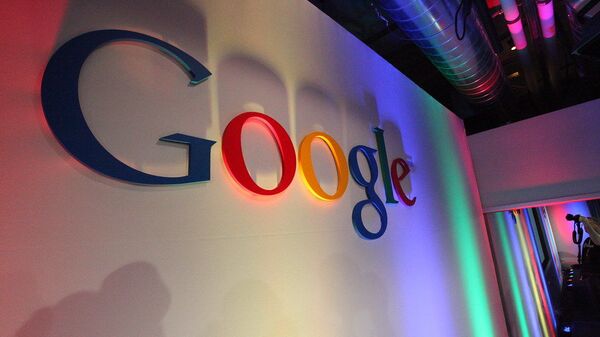Google will bar political advertisers from targeting voters on political affiliation to promote increased visibility of election ads and trust in electoral processes worldwide, the tech giant announced on Wednesday.
The company said it would limit targeting to the following categories – age, gender, and general location, although advertisers would still be able to do contextual targeting – that is sending ads to people, who watch and read stories “about, say economy”. The new approach is aimed at prohibiting deep fakes and misleading information that could “undermine participation or trust in electoral or democratic process".
“Whether you’re running for office or selling office furniture, we apply the same ads policies to everyone; there are no carve-outs. No one can sensibly adjudicate every political claim, counterclaim, and insinuation. So we expect that the number of political ads on which we take action will be very limited – but we will continue to do so for clear violations", Google Ads executive Scott Spencer wrote in a blog post.
The company said it would implement its new policy in the United Kingdom within a week, before a general election scheduled for 12 December. The new approach will be enforced in the European Union by the end of the year and in the rest of the world starting 6 January 2020.
Google earlier allowed political advertisers to target voters using information such as public voter records and general political affiliation. The move comes as US social media giants are facing pressure over political ads on their platforms ahead of the 2020 presidential race.
On 30 October, Twitter announced it would ban almost all political ads on its platform starting 22 November. The company said only nonprofit organisations would be able to promote messages about social issues on Twitter.
Google’s decision to join Twitter comes amid pressure on Facebook after the tech giant decided to make exemptions to politicians in its ban on ads containing “deceptive false or misleading content". Facebook CEO Mark Zuckerberg defended the company’s decision saying “ads are important part of the voice” especially for candidates and advocacy groups that do not appear in the media. The 35-year-old entrepreneur said Facebook should build policies to promote “free expression".
Zuckerberg has been heavily criticised for his decision with former secretary of state and 2016 presidential hopeful Hillary Clinton saying that he “should pay a price for what he is doing to our democracy".


